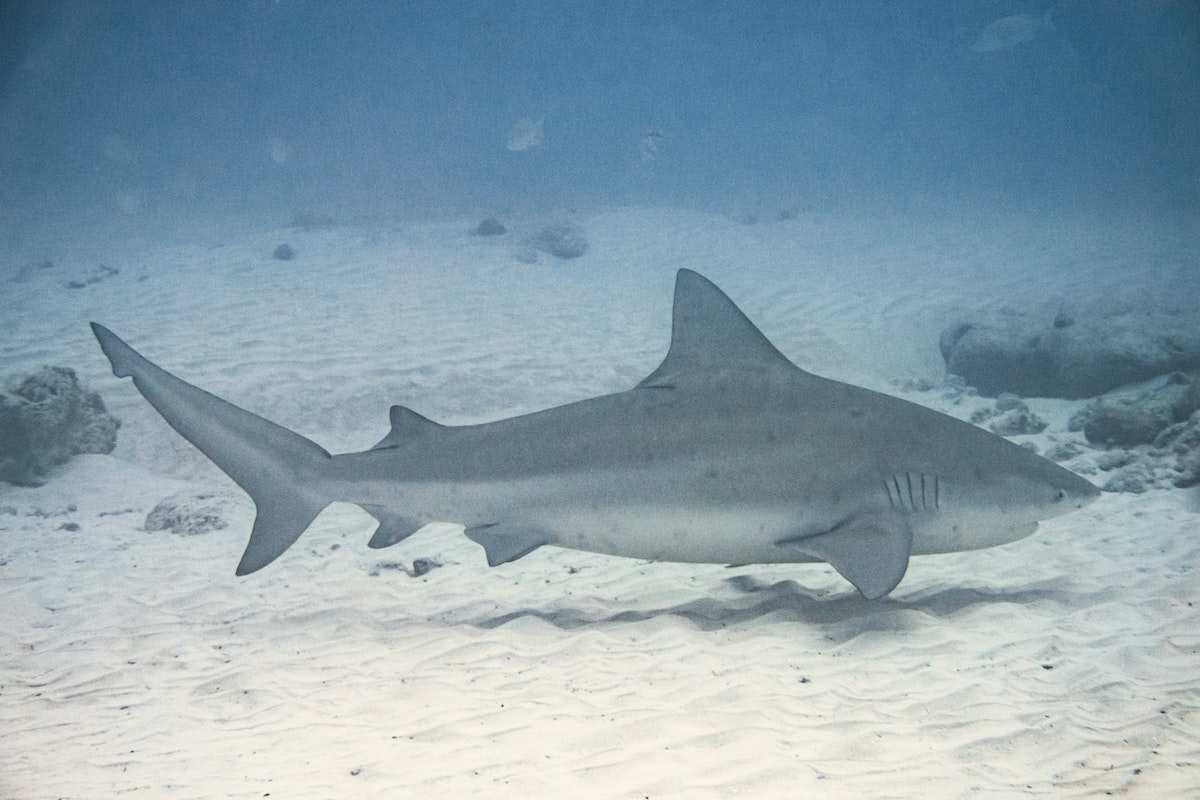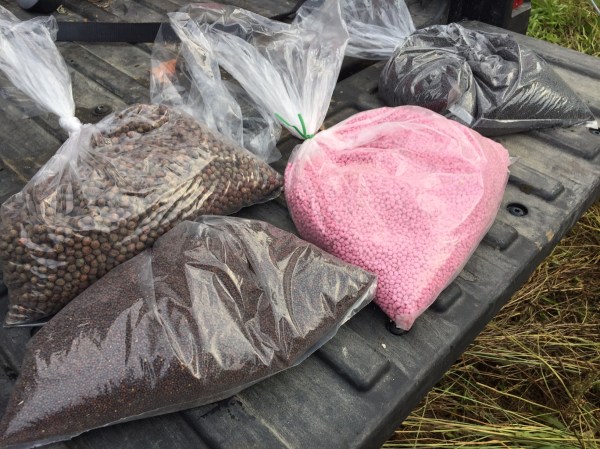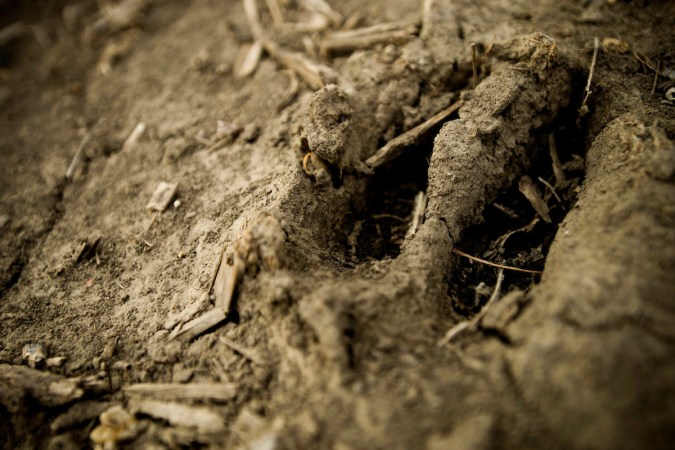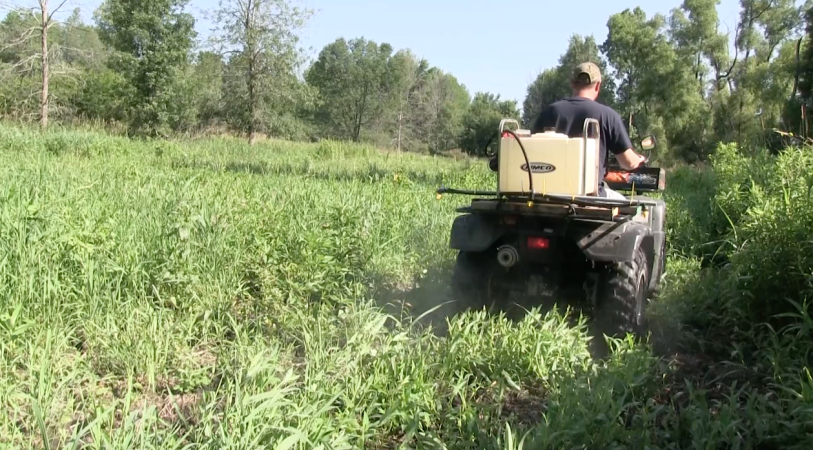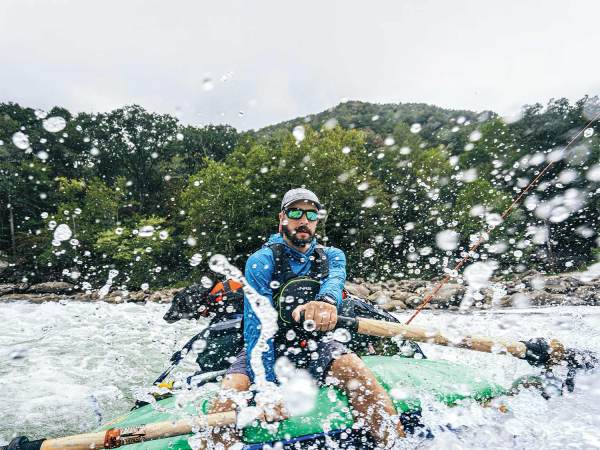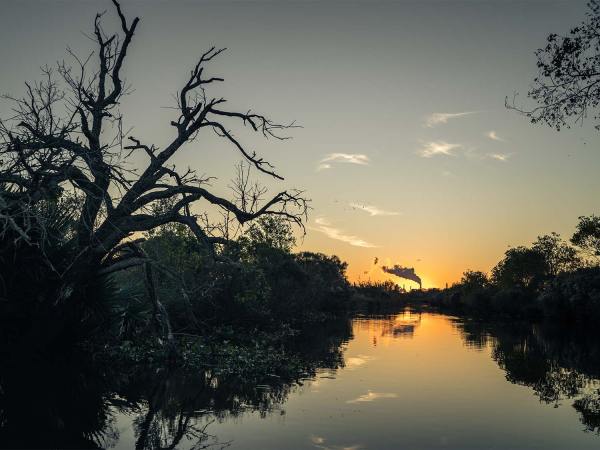A shark fishing tournament that is scheduled to take place on July 9 in Riviera Beach, Florida, is getting a lot of attention from protestors and environmentalists who say the tournament is inhumane and damaging to the environment. The outrage has reached a fever pitch in some cases, and one of the event organizers has even received death threats against himself and his family.
“Threats against my life, my family’s life, everything like that just because we’re holding a tournament that is literally for research,” Captain Jason told WPBF. He explained that event organizers are working with FAU Harbor Branch Oceanographic Institute researchers to assess the shark population and its impact on the fishing industry.
“We’re not asking for it to be an open season on sharks. We’re asking to do a proper stock assessment on the North Atlantic for a lot of different species of sharks,” Robert Navarro, an administrator of the shark fishing tournament, told the local news station. “Let’s count these sharks, and let’s try to make micro-adjustments as opposed to macro adjustments.”
The event’s organizers, many of whom work as sport fishing charter captains, believe the bull shark population in the area is too high. They’re hoping the tournament will bring the issue to the public’s attention.
“Any boat that comes out and parks on the local reef you immediately have 10 to 12 sharks under your boat every second or every time you go out there and fish,” Jason said, noting the impact that sharks have on fishermen’s livelihoods. “You can’t bring a fish up to the boat anymore because it gets eaten the second you get hooked.”
Shark and marine life experts understand the need to properly manage shark numbers. However, they aren’t sure if a tournament-style approach is the best solution.
Controversy and Anecdotal Evidence
Gavin Naylor, the director of the Florida Program for Shark Research at the University of Florida in Gainesville, said the local numbers of sharks aren’t representative of the population elsewhere.
“Different species have different dynamics,” he said. “Some of the coastal species appear to be in higher numbers than they have been in times past but globally almost all species are down.”
Naylor noted that there’s truth to both sides of the argument here. The environmentalists who are protesting the shark hunt don’t think the tournament should go on, while the tournament organizers and participants are seeing too many sharks on a regular basis.
“Well, it turns out that both are correct but they are viewing the problem through very different lenses,” Naylor added.
Some experts, like FIU associate professor Yanni Papastamatiou, want to look at other potential solutions besides the tournament. “It’s not a trivial matter. I’m against this shark tournament approach, but I sort of recognize there is an issue there,” Papastamatiou said. “We are trying to work on ways to sort of non-lethally reduce the likelihood of these depredation events.”
The protesters of the shark tournament are worried that the removal of the sharks from the waters could result in an imbalance in the environment. Local shark divers also told reporters that they don’t believe the bull shark population needs to be culled.
“I don’t think it’s out of control,” said Luis Roman, a dive boat operator in the area. “When we go diving with sharks, we only dive with six sharks, five sharks, three sharks.”
“This is mainly a money-making scheme, similar to ‘legal’ trophy hunts in Africa,” Raven Lynette, a diver and shark campaigner from California, told Newsweek. “The people who pay for these permits are mainly fishermen that are uneducated on the importance of sharks or simply think that the sharks are the enemy competing with their catch. They are not interested in research.”
Read Next: Shark Fishing Is Now Banned in Hawaiian Waters
It’s worth noting that event organizers working with the FAU Harbor Branch Oceanographic Institute expect to catch, tag, and release around a couple of hundred sharks. They say the number of sharks expected to be killed is around 10.
“They’re putting accusations and assumptions out there that we’re going to be poaching illegal species, like great white sharks, whale sharks, so on and so forth, when that’s not the case,” Jason said.
NOAA noted in a statement to Newsweek that the tournament organizers are aware of the federal shark regulations for each vessel and that all participants are expected to follow the rules of the tournament, as well as all state and federal regulations. Still, protesters gathered at the Blue Heron bridge over the weekend to call for a stop to the tournament.
Meanwhile, The Florida Fish and Wildlife Conservation Commission said it is aware of the tournament and that officers will be watching it to ensure laws are followed. The FWC added that since these tournaments don’t require permission from the agency, it does not have the authority to cancel them.
“FWC does not sponsor such events but may communicate with tournament officials regarding marine fisheries regulations, best practices, or opportunities for scientific data or samples to be obtained through tournament activities,” Emily Abellera, a spokesperson for FWC, explained in a statement.
